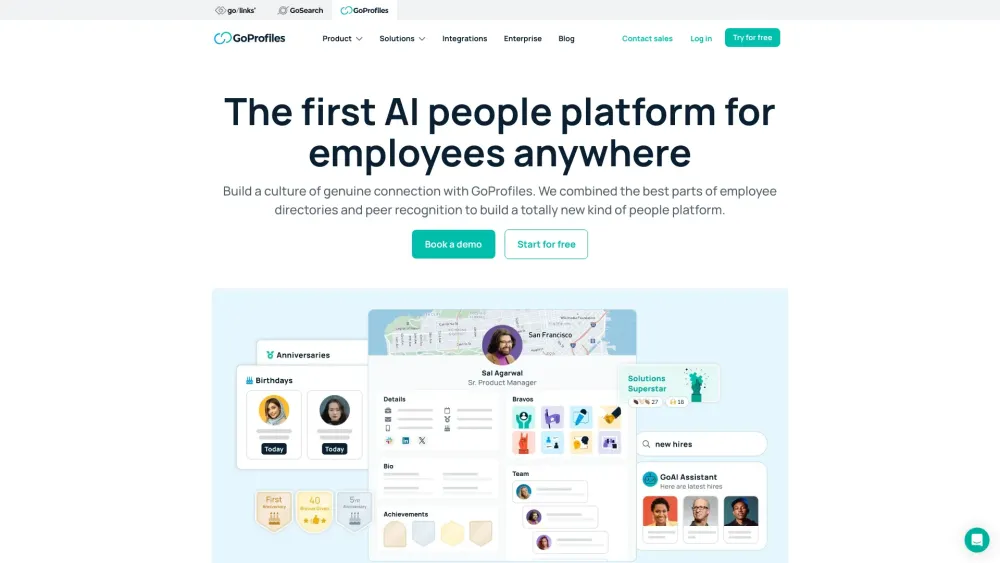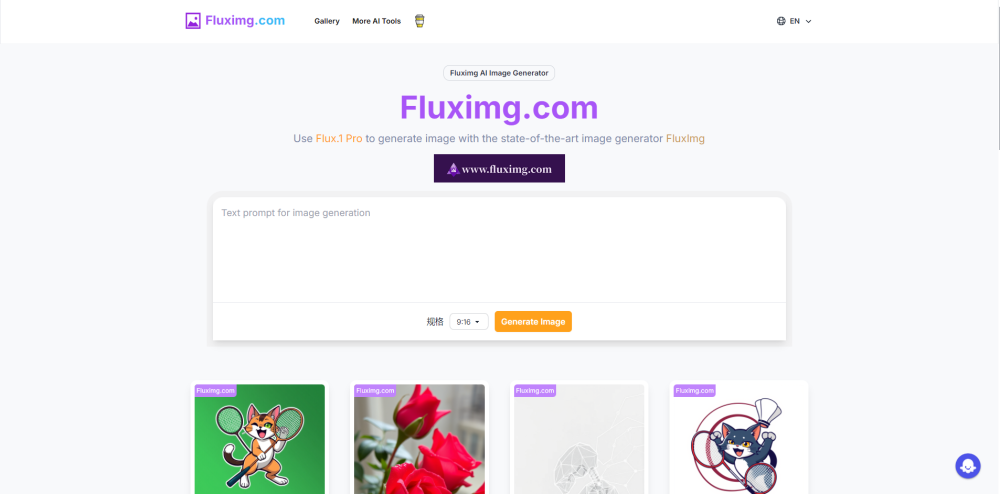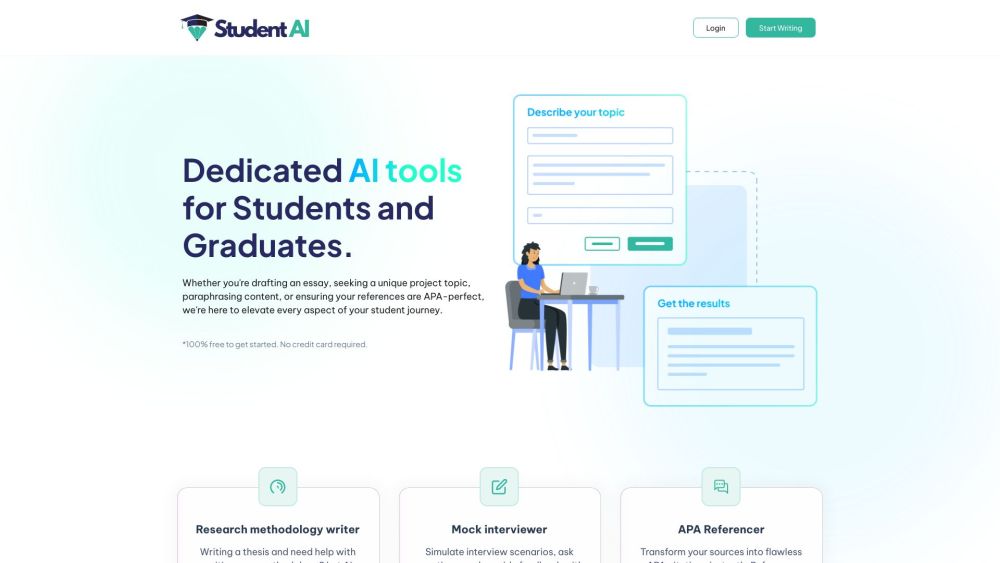Google took a low-key approach with the debut of its next-gen AI model, Gemini 2.0 Pro Experimental, quietly slipping it into a changelog update for the Gemini chatbot app rather than making a big public announcement. This model follows the Gemini 1.5 Pro from last February and comes at a time when AI companies, especially Chinese startup DeepSeek, are making waves with models that rival or surpass those from American tech giants. DeepSeek’s success has triggered major conversations in Silicon Valley and even Washington, as the global AI competition heats up.
What's New with Gemini 2.0 Pro Experimental?
Starting Thursday, Gemini 2.0 Pro Experimental is now the flagship model of Google’s Gemini AI family for Gemini Advanced users. The model promises improved factual accuracy and stronger performance for tasks in coding and mathematics, including generating complex code or solving high-level mathematical problems like quantum algorithms. As Google puts it in its changelog, this model will help users tackle even the most intricate tasks with more precision and speed.
Early Access, with a Caveat
Gemini 2.0 Pro Experimental is available to Google One AI Premium subscribers and through Google Workspace add-ons, but with a caveat: it’s still in early preview, meaning it may come with some unexpected behaviors or errors. Unlike other Gemini models, this one doesn’t have access to real-time data, and some app features aren’t compatible with it. Google emphasizes that feedback from users will be crucial as they iterate on the model, suggesting that the company is aiming for a more refined release down the line.
“We believe in rapid iteration,” Google said. “Your feedback helps us improve these models over time and informs how we release models more widely.”
For Most Users, Gemini 2.0 Flash Still Leads
While Gemini 2.0 Pro Experimental takes center stage, Gemini 2.0 Flash, which Google first unveiled in December, is now the default model in the app for all users and will remain so for the time being. It’s the more stable option for those looking for reliable AI capabilities, at least until the experimental model gets more polished.







